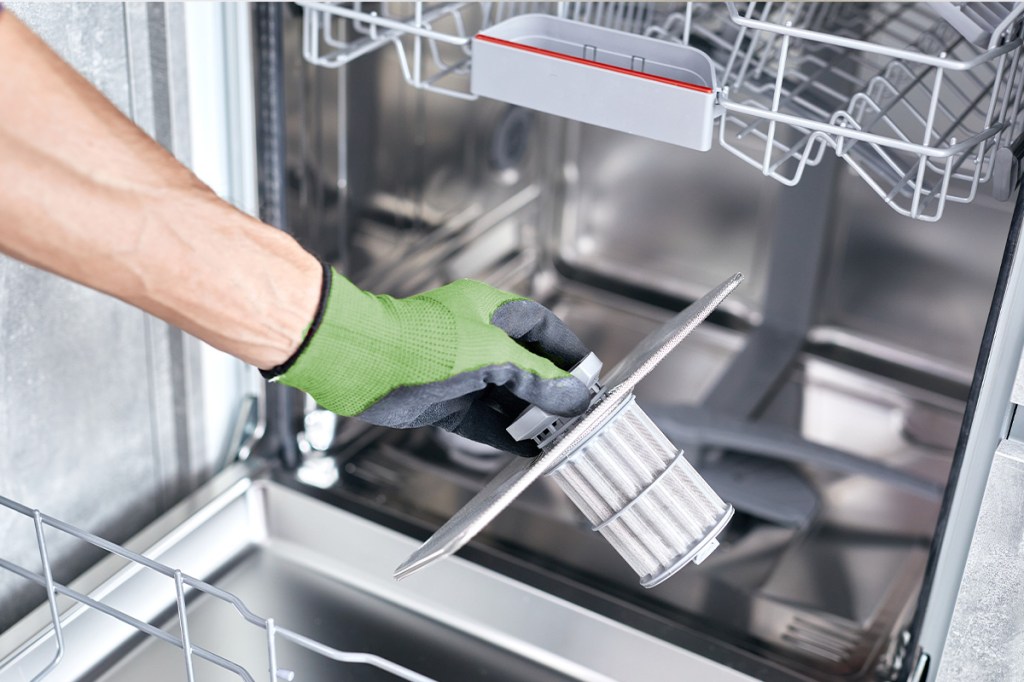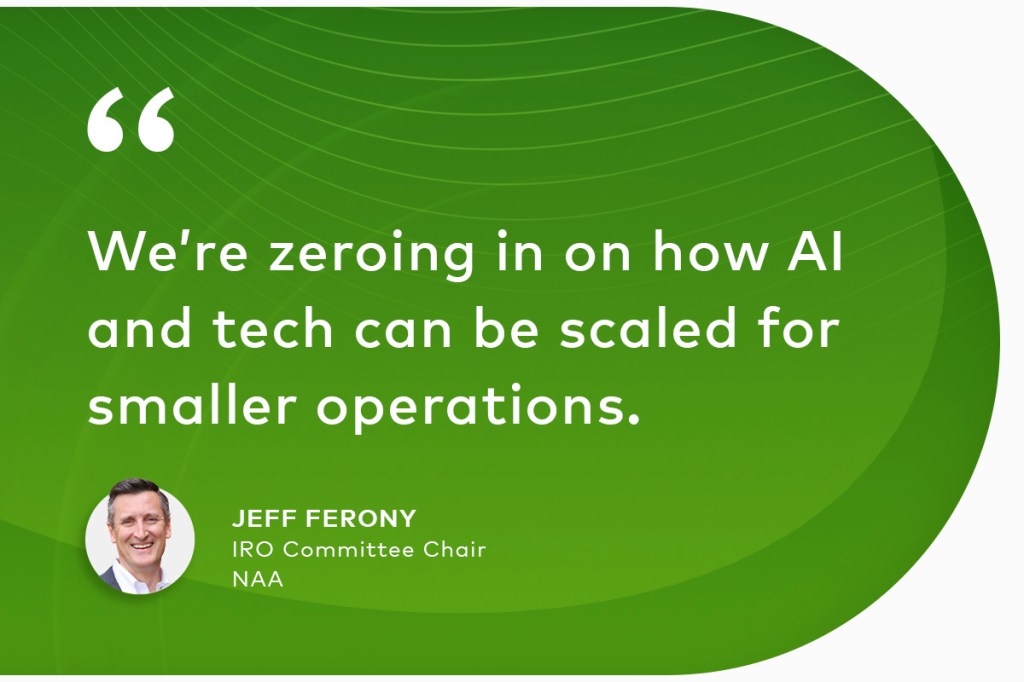
Being prepared to address the most common maintenance requests offers property managers an opportunity for easy wins with residents. We looked at Yardi data collected anonymously from online maintenance orders to understand what fixes residents are asking for the most. Looking at these requests, some property maintenance trends jumped out. We compiled the information and made a list of easy property maintenance hacks anyone can do. This list may help you better anticipate the issues residents are likely to face. Knowing this, you can help prevent some issues from happening at all, or resolve them faster. This will impress residents, boost renter satisfaction and increase the chance they will renew their lease.
Here’s a list of the most common maintenance requests and recommendations for simple, affordable solutions.
1. Being locked out of their unit
The most common complaint turns out to be residents locking themselves out of their apartments. This is especially problematic for residents whose doors automatically lock behind them. In some cases, a property manager or maintenance personnel will arrive with a master key to let them in. But if they can’t be reached or it’s after hours, the resident may need to use your emergency contact line to get the situation sorted out.
There’s one very simple answer to this problem: keyless smart locks. According to the 2024 NMHC/Grace Hill Renter Preferences Survey, 67% of residents want smart locks. This is up from 59% in 2022, so it’s clearly a technology that’s catching on. With smart locks, doors can be locked and unlocked through a mobile app, and most systems feature a physical keypad code as well.
By eliminating the most common maintenance request with keyless entry, property managers free up staff time and provide a healthy boost to resident satisfaction.
2. Broken garbage disposal or clogged sink
The garbage disposal is great for preventing drain clogs, until it becomes the main culprit behind residents’ clogged sinks. Little pieces of metal, gravel from fish tanks or even tiny ¼ teaspoon measuring spoons can jam the disposal and cause the sink to clog. Most drains are fairly easy for maintenance staff to fix, but it still takes time and effort which could be spent elsewhere.
One simple maintenance hack is to provide mesh strainers for all residents. They’re cheap, long-lasting and residents can use them to catch anything they don’t want to slip into the drain. The strainers can even be flipped upside down and used to prevent hair from clogging shower drains.
3. No hot water (failed thermocouple)
The thermocouple, a safety feature on a gas water heater, might sound complex but is actually an inexpensive and easily replaceable part. It’s designed to shut off the flow of gas to the water heater when the pilot light malfunctions. This critical device ensures gas isn’t constantly flowing and building up around your heater.
The thermocouple is usually easy to identify: look for a pencil-shaped, silver- or copper-colored piece of tubing. Swapping one out only takes a few minutes, and it’s one of the most common reasons for hot water loss. Keep some thermocouples on-hand so your maintenance tech can restore hot water quickly if one fails.
4. Household pests
Pests are the fourth most common resident complaint, according to Yardi data. If your residents are dealing with an existing pest infestation of common household pests like ants, termites, flies or rodents, it may be time to bring in a pest control service depending on the type of pest, how widespread the problem is, etc. These services usually need to be kept up with, especially in the warmer months for insects. If rodents are the issue, regular pest control is also recommended; not only are they vectors for disease they can damage your property. The best pest control starts with prevention.
Yardi Breeze and Yardi Breeze Premier clients can use their dashboard calendar to schedule reminders for recurring maintenance needs.
You can also post tips for preventing pest infestations including regularly disposing of trash, storing food in secure containers, and deep cleaning the home as well as safety considerations for resident-handling of pest infestations.
5. Toilet not flushing
There are two main causes of a malfunctioning toilet: clogs and an issue with the rubber seal in the tank. Most residents are on the hook for getting their own plunger, but if you want to prevent a situation where maintenance must get involved, include a plunger and cleaning brush in a welcome kit.
The rubber seal that allows water to fill in the tank can sometimes get loose. Hard water deposits can also cause the attached chain to rust and break apart. Keep a few of these spare parts around. Small business owners and property managers may be able to avoid a hefty plumber fee (and possibly a long wait time) if they know how to swap out these simple pieces.
6. Light bulb replacement
This one is pretty easy, except it’s not always clear which wattage or color (e.g., white, yellow) to get. It’s common to see mix-and-match bulbs, which isn’t the best presentation for showing units. Try to standardize the light bulb type as much as possible. Provide a guide so residents know which bulb they should use. They’re likely to go by whatever is in there at the time the light needs replacing, but if it was ever switched from the original/correct wattage, they’ll have no way of knowing.
Likewise, provide instructions for less common light fixtures such as bathroom lights, which are harder to access and often part of a fan. If you have simple directions residents can access from their resident portal, you might be able to cut down on calls to the office.
7. Bathroom sink or shower drain clogged
A hair catch is a great maintenance hack to prevent clogs and avoid this issue altogether. Other solutions include using a commercial liquid drain cleaner, pouring boiling water down the drain or using baking soda and vinegar. Each solution may impact pipes and bathroom fixtures differently. You know your buildings best, and communicating your suggested solution to residents could protect the integrity of your pipes and still allow residents to resolve their own maintenance issue.
8. Dishwasher issue
Dishwashers are tricky. If they aren’t working correctly, the first thing to check is the door latch. If it’s closing correctly, there might be a problem with the filter. Leave instructions for residents telling them where the filter is in the dishwasher and how to remove and clean it. If the problem is deeper than a clogged filter, a maintenance tech will probably need to take a look.
9. Dryer is not drying clothes completely
Lint buildup is often the culprit when dryers aren’t working as well as they once did. This is a fire hazard, so make sure residents know to contact you or your maintenance team promptly. It goes without saying that they should be changing the lint trap with every load, but sometimes lint can get jammed further down. A nice maintenance hack for this is to use a vacuum to remove trapped lint.
10. Smoke detector is beeping
A smoke detector will get annoying quickly when its batteries are low. Many modern smoke detectors double as carbon monoxide detectors as well. Because of the risk of failure due to dead batteries, many new-model detectors do not contain replaceable batteries. They are certified to last for years, and when they’re done, they need to be replaced entirely.
Keep track of when it’s time to replace smoke detectors for your residents and do the same for fire extinguishers. Use your property management software to set recurring dates in the calendar feature.
Maintenance hacks save time & money
Time is money, so costs can add up quickly if your maintenance team is always being sent out to fix issues that residents could have resolved themselves. If you run a small business, you might not have a maintenance team, forcing you to pay hundreds of dollars for a simple fix.
These hacks aren’t going to work 100% of the time, but they just might make life a little easier for small property management businesses for whom every dollar counts.
Disclaimer
This article is for informational purposes only. Always consult professionals and adhere to relevant state and local regulations for any specific maintenance actions.



